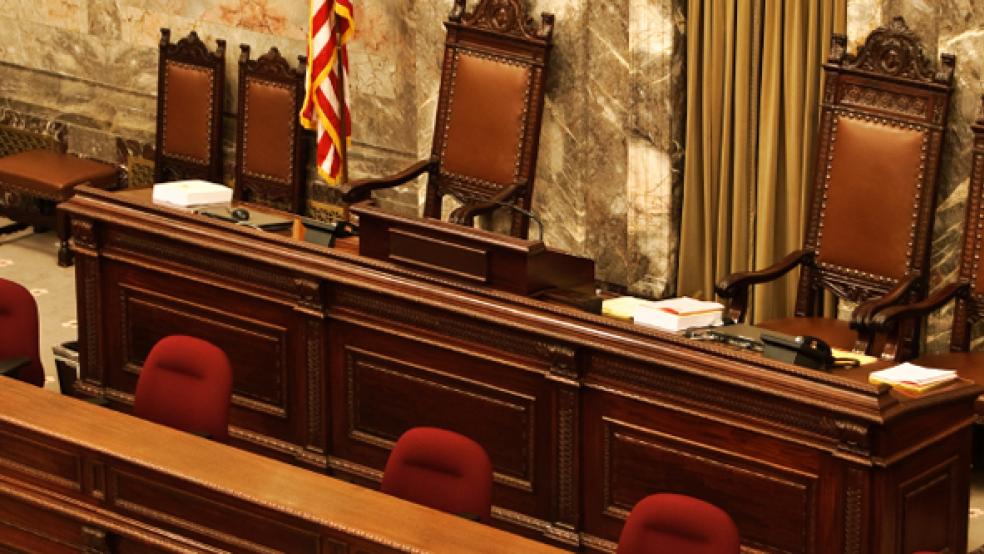Barring an unexpected change of direction from the Republican leadership, the House of Representatives on Friday evening will go into recess yet again without taking action on extending emergency unemployment compensation benefits for millions of the long-term jobless.
It’s not the first time the House has left town without delivering financial help for the more than 3 million Americans who have exhausted their state-level benefits. But this exodus has a special significance. The extension approved by a bipartisan majority in the Senate – but never voted on in the House – authorized benefits only through May 31.
Related: Why Unemployment Insurance Won’t Be a Campaign Issue
The Senate bill, which passed two months ago, renewed a federal extension of state-level unemployment benefits through the EUC program for five months, retroactive to when Congress allowed the previous extension to expire at the end of December.
The Senate bill will still be available for a House vote when members return on June 9, after a week’s time off – but it appears, for all practical purposes, to be dead. The chances of a purely retroactive extension of benefits passing the House at this point are extremely slim.
That means that relief for the long-term unemployed, who currently make up a much larger share of the total unemployed than the historical average, looks increasingly unlikely. Advocates now believe it can only happen if lawmakers either attach language extending it to a “must-pass” bill, such as legislation to shore up the Highway Trust Fund expected to be taken up this summer, or embark on the tortuous process of passing another stand-alone bill. Neither option offers an obvious path to success.
The House Republicans’ refusal to allow a vote on an extension of jobless benefits has incensed advocates of the long-term unemployed, who point out that the federal extension of state benefits has never been ended when the level of long-term unemployment (defined as 27 weeks or more) was at high as it is right now. In the past, the program has never been cut off when long-term unemployment affected more than 1.3 percent of the workforce. It currently affects almost twice that percentage.
Earlier this year, House Speaker John Boehner (R-OH) said he would consider an extension of unemployment benefits if these benefits could be paid for and if the extension included job-generating provisions. But Boehner termed the Senate compromise of two months ago “unworkable,” saying there were too many complications for state agencies to handle the retroactive provision – and GOP members of the House have not offered an alternative.
Related: Unemployment Insurance, Tax Cuts Hit Senate Buzz Saw
“Nearly three million long-term unemployed job-seekers, and tens of thousands more each week, remain without a lifeline to sustain their families while they look for work,” said Christine L. Owens, executive director of the National Employment Law Project, in a statement released Thursday.
“It is House Republican leaders and not some indeterminate ‘gridlock’ who have chosen to run out the clock on the Senate’s unemployment extension,” Owens said. “They have turned the familiar adage ‘do no harm’ into ‘do nothing but harm’ – with tragic consequences for millions of America’s long-term unemployed workers and their families. This deliberate refusal to act is a failure of leadership, of policy and most of all, of basic morality.”
Top Reads from The Fiscal Times:
- Feds Turn a “Blind Eye” as Million Wasted on Software
- Race in the U.S.: Let’s Confront the Monster in the Closet
- The Real Threat to the Electric Power Grid Is Not Terrorism




